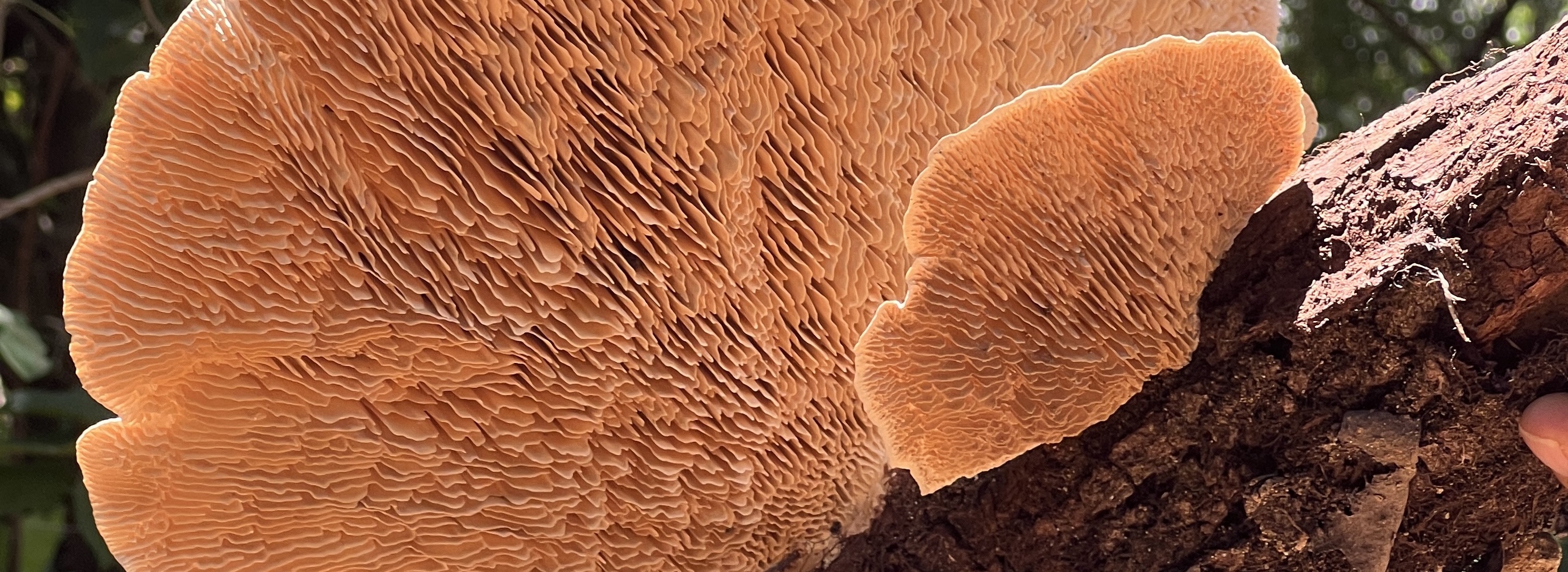
Monteverde Institute: Tropical Ecology and Conservation
Files
Download Full Text (296 KB)
Publication Date
March 2003
Abstract
Mobbing behavior is one way birds respond to the threat of a predator. I studied the mobbing behavior of Brown Jays (Cyanocorax morio) in Monteverde, Costa Rica. Brown Jays are included in the 3% of bird species that breed cooperatively. I was curious whether the competitive nature of obtaining a breeding position was related to mobbing in any way. Were the jays mobbing to increase individual fitness or inclusive fitness? I divided the birds into three age groups (juvenile, sub-adult, and adult) and tried to measure aggression between the groups. I used myself, a rubber snake model painted to resemble a Boa constrictor, and an owl model to elicit a mobbing response. Results of Chi-square tests show that sub- adults were more likely to call first and more often in response to a predator model. It also showed that adults were more likely to fly, or swoop at the predator model. Results indicated that while sub-adults are more likely to mob to increase inclusive fitness, adults might be acting more to increase individual fitness. To support these results, however, further research is needed on banded individuals in order to determine sex and breeding status.
Resumen
Comportamiento queue attest as ulna modal queue respond e los pears a los depredadores. Yo estudie este comportamiento an los pajaros se llaman Cyanocorax morio, or piapias. Piapias son parte del 3% e los especies de pájaros que esta cooperativa. Era curioso encontrar si el comportamiento que atesta y la casta cooperativa eran relacionada. Eran los piapias aggressivo contra los depredadores debido a altruism o interés propio. Me dividí los pajaros en grupos de tres; juveniles, jóvenes, y adultos. Utilice mismo, un sierpe caucho pintado como un Boa constrictor, y un búho plástico para les provocan los piapias. Resultdos ayudan que el comportamiento de atestas de los jóvenes es altruista, y el comportamiento de atesta de los adultos es de interés propio. Para verificar estes resultados, sin embargo, mucho investigación es necesario.
Extent
12 pages
Holding Location
Monteverde Institute
Language
English; Spanish
Media Type
Articles
Format
Digital Only
Identifier
M39-00136
Type
Book
Recommended Citation
Ford, James W., "Age-related mobbing behavior in brown jays, March 2003" (2003). Monteverde Institute: Tropical Ecology and Conservation. 245.
https://digitalcommons.usf.edu/tropical_ecology/245


